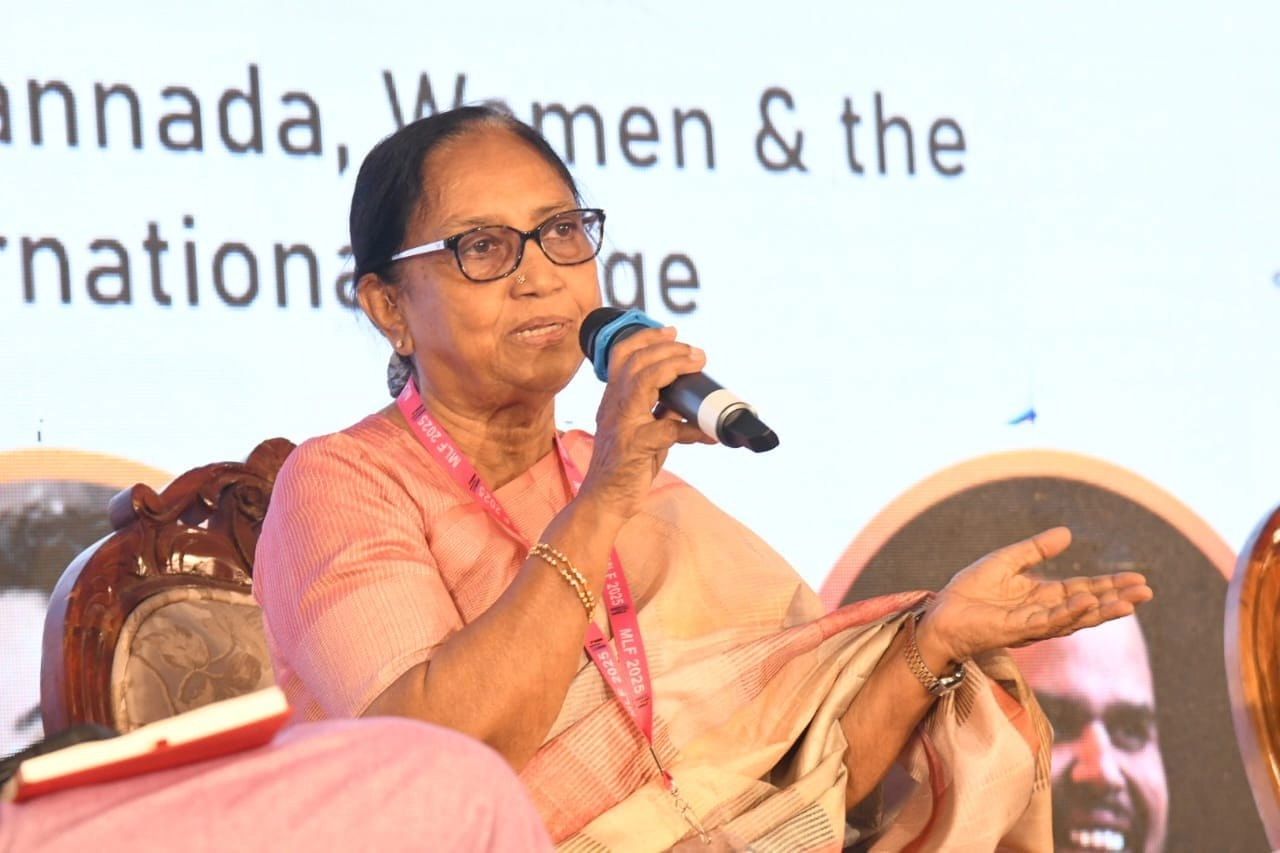The recent legal proceedings concerning the invitation extended to Banu Mushtaq for the Mysuru Dasara celebrations have reached a conclusive end, with the court dismissing the pleas against her invite. Banu Mushtaq, a prominent figure in her community, has been at the center of a controversy that has sparked significant public interest and debate. The Mysuru Dasara, an annual festival celebrated with great fervor and grandeur, symbolizes the cultural heritage of the region, and the invitation extended to Mushtaq was seen as a progressive step towards inclusivity and representation in traditional festivities.
Opposition to the invitation stemmed from various factions who argued that it contradicted the historical and cultural ethos of the festival. However, the court’s decision underscores a broader movement towards embracing diversity within such significant cultural events. The dismissal of the pleas indicates a judicial recognition of the evolving societal norms that advocate for inclusivity and equality, allowing individuals from diverse backgrounds to partake in culturally significant events without facing discrimination.
The Mysuru Dasara is not merely a local festivity; it attracts visitors from all over the country and serves as a platform for showcasing Karnataka’s rich traditions and heritage. By allowing figures like Banu Mushtaq to participate, the festival organizers are making a statement about the importance of representation in cultural narratives. The court’s ruling has been welcomed by many who view it as a progressive move, reinforcing the idea that cultural celebrations should reflect the diversity of the society they represent.
As the Dasara festivities approach, the focus will likely shift to the celebrations themselves, where the spirit of unity and harmony is expected to take center stage. With the legal hurdles now cleared, Banu Mushtaq’s participation could serve as a powerful symbol of change, promoting dialogue around inclusivity in cultural practices. The outcome of this case may also influence future cultural events, encouraging organizers to embrace a more inclusive approach, thus enriching the fabric of local traditions while fostering a sense of community among diverse groups.




